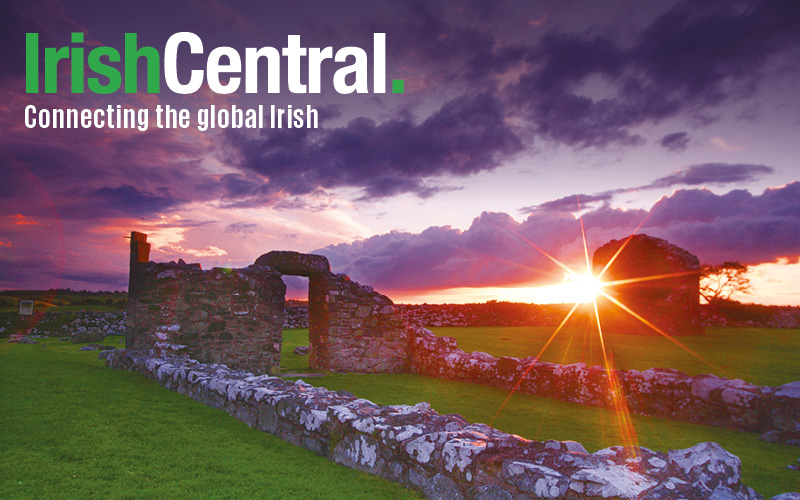It was the people who no one thought anything about, the poor and the unlucky, the marginalized and the forgotten who actually transformed Irish society. The remarkable irony of that simple fact needs to be acknowledged much more than it is, I think.
Let me explain what I mean. If you were penniless, or born out of wedlock, or pregnant and unmarried, or the child of a broken home and you lived in Ireland between the foundation of the state and the year 2000, your life could often be in terrible danger.
Cast out of your home by unfortunate circumstances, you could be sent to an orphanage, or a Magdalene Laundry, or an industrial school, or some other place where you could be successfully hidden from the easily scandalized eyes of your betters.
There, where no one could see or hear you, you could be exploited or preyed on day and night by sadists or abusers or worse. This could go on for years and often it did.
If you spoke up in protest you would not be believed. Things could often get worse for you if you tried to.
We know now that the outward piety of our nation in the 20th century is forever intertwined with the soul-destroying brutality we successfully kept offstage, out of the papers and the behind high walls.
What did it teach us? All that pointless human suffering? Clearly it wasn't enough that some Irish people had the misfortune to be born poor, or “illegitimate,” or to a violent home.
Waiting in the wings for them, we had countless authority figures who were all too eager to shame and torment them for the mistake of being born unlucky.
Where did they come from, these people? What happened to their world-view that it allowed them to behave towards their own countrymen, women and children as if they were Dickensian prison wardens?
It's not something you can lightly walk away from, decades of abuse, neglect and misery on such a national scale. We know now that children were terrorized and roughly treated. Many were traumatized for life, and as the cruel Mother and Baby Homes death records prove, many did not in fact survive the trauma.
It's been two years since the revelations at Tuam, Co. Galway, but only this week has the ground-penetrating radar commenced for the long awaited preliminary geographical survey of the land. Why are we dragging our heels?
Perhaps it's because digging up the past may mean opening a Pandora’s box, but isn't knowing our country's history better than living in willful ignorance of it? Whether the investigators find proof of the missing infant burials, or whether they discover that most were in fact illegally adopted, that's still a legacy of unspeakable heartbreak that was swept under the national carpet. Those were people's lives and they matter, or they should.
Most of us lived through the era of clerical and economic repression that lasted well into the 1980's. Then we lived through the aftermath, when all the stories that had been silenced for so long began to find a collective voice and burst forth.
I lived in an Ireland where people dared not raise their voice when they had been cruelly victimized. Then I lived in an Ireland where their voices were at last heard. Finally, I lived through the first moments the old order was wholly swept away by a rising tide of revulsion and anger.
The Ireland that I visit now is utterly transformed. In May I watched the country confidently vote yes in favor of marriage equality and vote no to a return to its theocratic past.
Walking the streets you could feel a systemic shift occur. People sang and danced on the streets as if they'd won the World Cup, the Six Nations and the Sam Maguire.
It only became clear to me later in the quiet aftermath that it was the poor and the outcast and the forgotten who had paved the road to May 22. Because when we finally grasped what a great wrong had been done to them in the name of Christian love and compassion, we quietly resolved it would never happen again.
Someone reading this, someone in their sixth or seventh decade now, will remember what it felt like to be an untouchable Irish outcast, wearing the mark of Cain and looked away from, stamped for ruin or export, written off and out.
I didn't take your sorrowful hard walk, but I walked years later in your footsteps. I want to tell you now that what happened to you was wrong and that you mattered. And I want to tell you I know it's thanks to you that I have my freedom now.




Comments